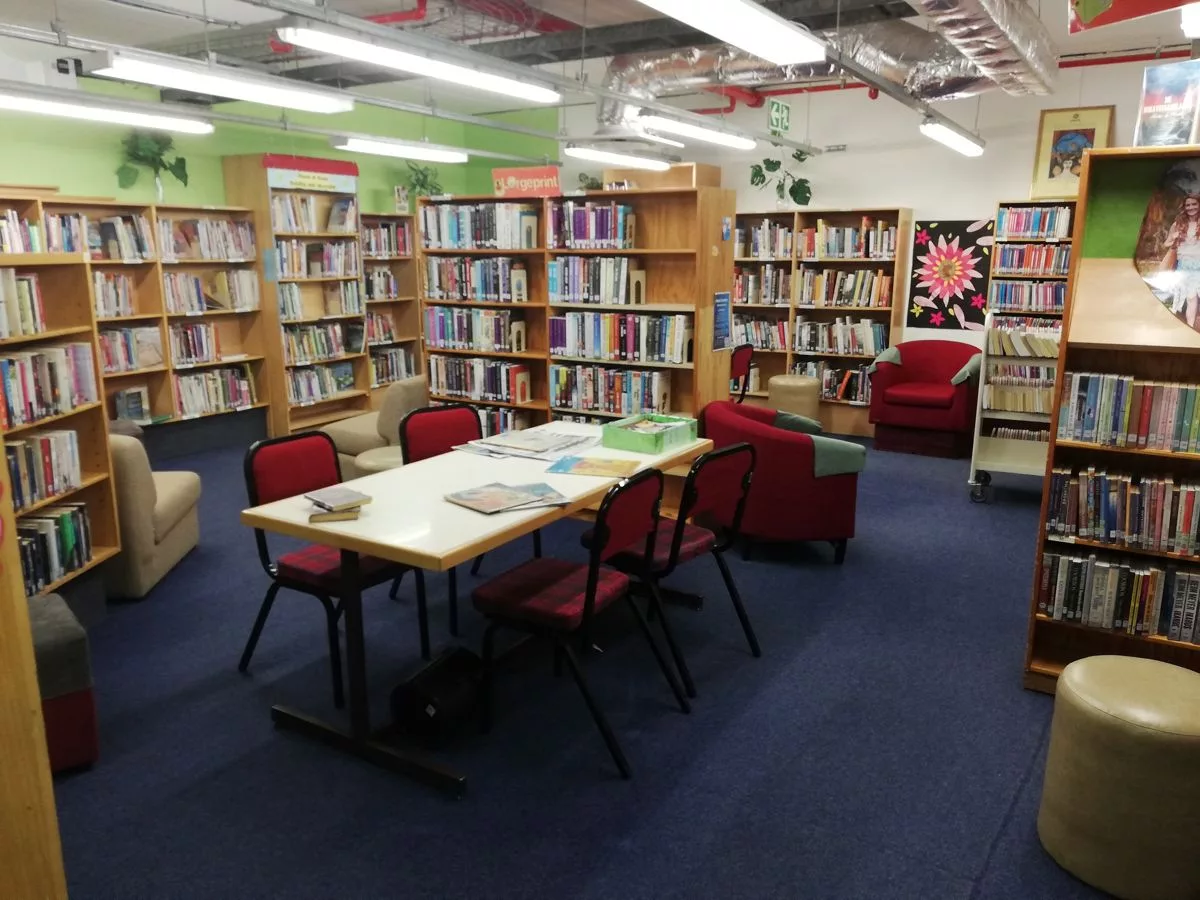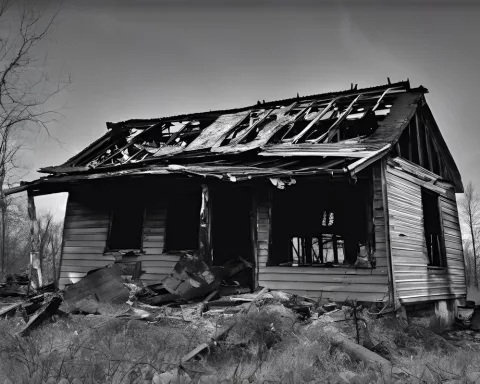The Library and Information Service’s Fine Free Week was a resounding success, resulting in the return of over 18,500 overdue resources worth R2.2 million. The initiative highlighted the importance of libraries as communal knowledge spaces and the shared commitment in preserving them. The regional breakdown showed outstanding progress by individual facilities, emphasizing the importance of localized efforts. The success of the campaign will assist the development of strategies to further boost the return rate and promote libraries as dynamic community spaces.
What is the Fine Free Week and what impact did it have on the Library and Information Service?
The Fine Free Week was a week-long initiative executed by the Library and Information Service to recuperate overdue library resources. The campaign resulted in the successful return of over 18,500 items, representing 52% of all overdue resources, amounting to a value equivalent to R2.2 million. The success of the initiative emphasizes the importance of libraries as communal knowledge spaces and the shared commitment in preserving these invaluable community spaces.
An Unprecedented Success
This year marked a remarkable achievement for the Library and Information Service as they successfully executed the Fine Free Week. The campaign was more than just an event; it was a significant push towards the recuperation of an appreciable share of the overdue library resources. The week-long initiative culminated in the successful return of more than 18,500 items, from the 18th to the 24th of March.
The items brought back represented a mind-boggling 52% of all overdue resources, amounting to a value equivalent to R2.2 million. The significance of this feat is apparent when juxtaposed with the figures from the previous year, 2023, where the retrieval rate was only 19%, with a value of about R827,000. The substantial return of items this year suggests a favorable trend for this initiative.
Regional Breakdown and Potential Impact
To fully grasp the scope of this achievement, one must examine the regional distribution of the returns. In Area East, the initiative resulted in the return of 5,685 items, an estimated value of R668,392.66. Area South followed with 4,783 items, valued at R549,464.16, with Area Central yielding 4,338 returns, equivalent to R514,452.92. Lastly, Area North reported 3,777 returns, worth around R472,264.02.
These figures do more than just provide statistical information; they emphasize the concrete value of libraries as communal spaces. The returned items are more than just materials; they are repositories of knowledge that enrich, educate, and inspire communities. The initiative goes beyond just being a campaign; it stands as proof of the shared commitment in preserving these invaluable community spaces.
While the overall numbers indicate a resounding success, the performance of individual facilities deserves equal recognition. The top ten facilities, measured in terms of the value of recovered items, have made outstanding progress in this initiative. This success story demonstrates how localized efforts can contribute to significant overall achievements.
Remarkable Testimony and Future Directions
Councillor Patricia van der Ross, the City’s Mayoral Committee Member for Community Services and Health, succinctly expressed the spirit of this initiative. She extended her gratitude to everyone who participated in the Fine Free Week and encouraged others to get involved in future events. The success of this initiative indeed serves as proof of the shared obligation of community members in preserving intellectual resources.
Councillor van der Ross’s comments also suggest possible future enhancements for the initiative. The proposal of an anonymous drop box for returns could be a strategy to motivate those who might hesitate to come forward. This idea underlines the importance of continually refining strategies to better serve the community.
The Fine Free Week: More Than Just a Campaign
A thorough analysis of the Fine Free Week portrays the significant impact of such initiatives. The successful implementation of the campaign and the subsequent in-depth data analysis act as a beacon, directing future efforts. The information gathered from this event will assist the Library and Information Service in developing strategies to further boost the return rate.
Indeed, the Fine Free Week goes beyond being just a campaign; it is a movement that emphasizes the importance of libraries as communal knowledge spaces. The success of this initiative corroborates the belief that libraries are not merely book repositories but dynamic community spaces that foster learning, growth, and shared responsibility. The insights gained from this event will be invaluable in shaping strategies to promote these treasured community spaces and their resources.
How did the Fine Free Week benefit the community?
The Fine Free Week benefited the community by emphasizing the importance of libraries as communal knowledge spaces and the shared commitment to preserving them. The initiative resulted in the return of over 18,500 overdue resources worth R2.2 million, which are repositories of knowledge that enrich, educate, and inspire communities. The success of the campaign shows that libraries are not just book repositories but dynamic community spaces that foster learning, growth, and shared responsibility.
What was the retrieval rate during the previous year’s campaign?
During the previous year’s campaign, the retrieval rate was only 19%, with a value of about R827,000. The significant increase in the number of returned items this year suggests a favorable trend for the initiative.
How were the returns distributed regionally?
The returns were distributed regionally as follows:
– Area East: 5,685 items, worth around R668,392.66.
– Area South: 4,783 items, valued at R549,464.16.
– Area Central: 4,338 returns, equivalent to R514,452.92.
– Area North: 3,777 returns, worth around R472,264.02.
Which facilities made outstanding progress in the initiative?
The top ten facilities, measured in terms of the value of recovered items, have made outstanding progress in this initiative. The success of individual facilities demonstrates how localized efforts can contribute to significant overall achievements.
What suggestions were made to enhance the initiative?
Councillor Patricia van der Ross suggested the proposal of an anonymous drop box for returns, which could be a strategy to motivate those who might hesitate to come forward. This idea underlines the importance of continually refining strategies to better serve the community.
How will the insights gained from the Fine Free Week be used in the future?
The insights gained from the Fine Free Week will assist the Library and Information Service in developing strategies to further boost the return rate and promote libraries as dynamic community spaces. The information gathered from the event will be invaluable in shaping strategies to promote these treasured community spaces and their resources.












